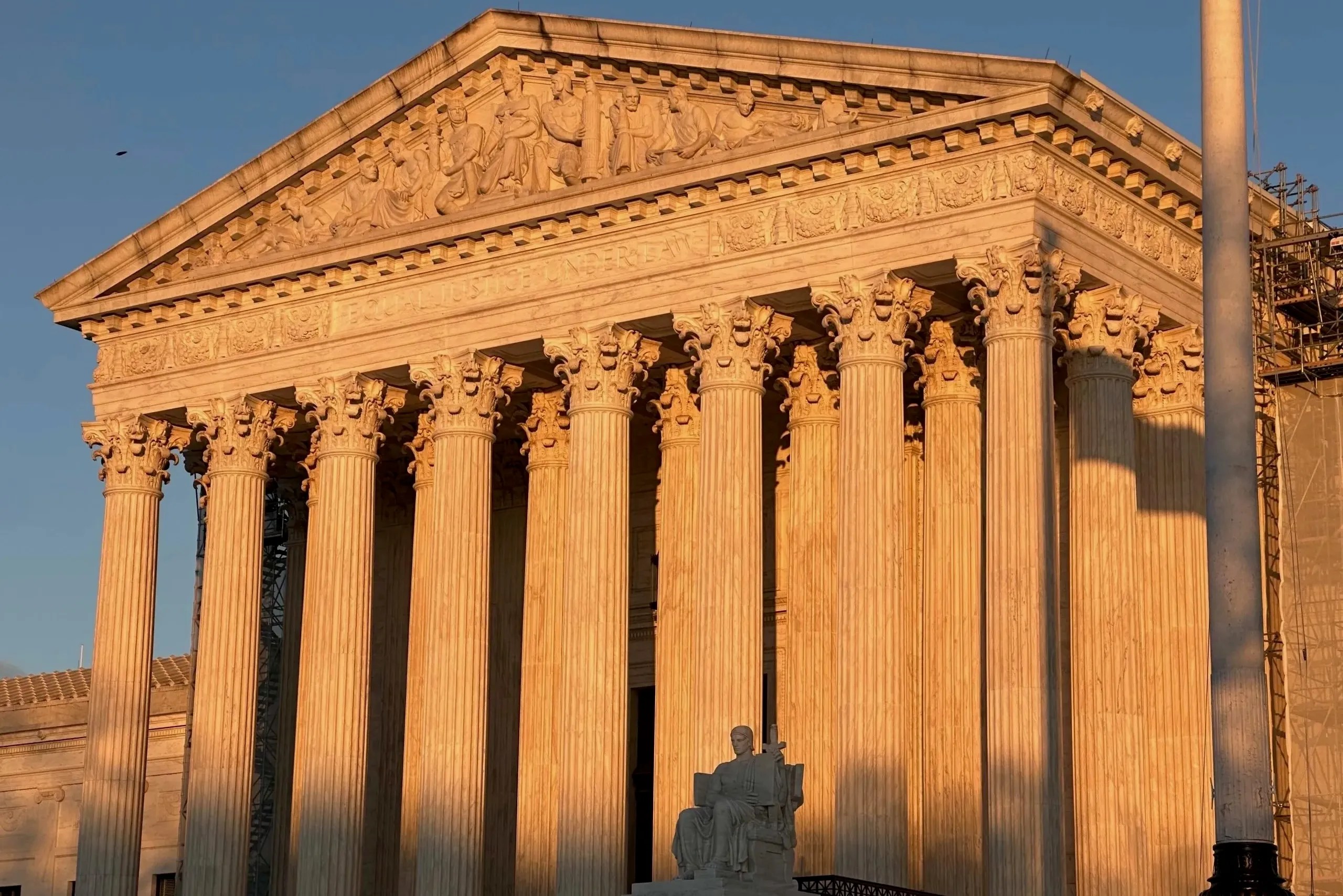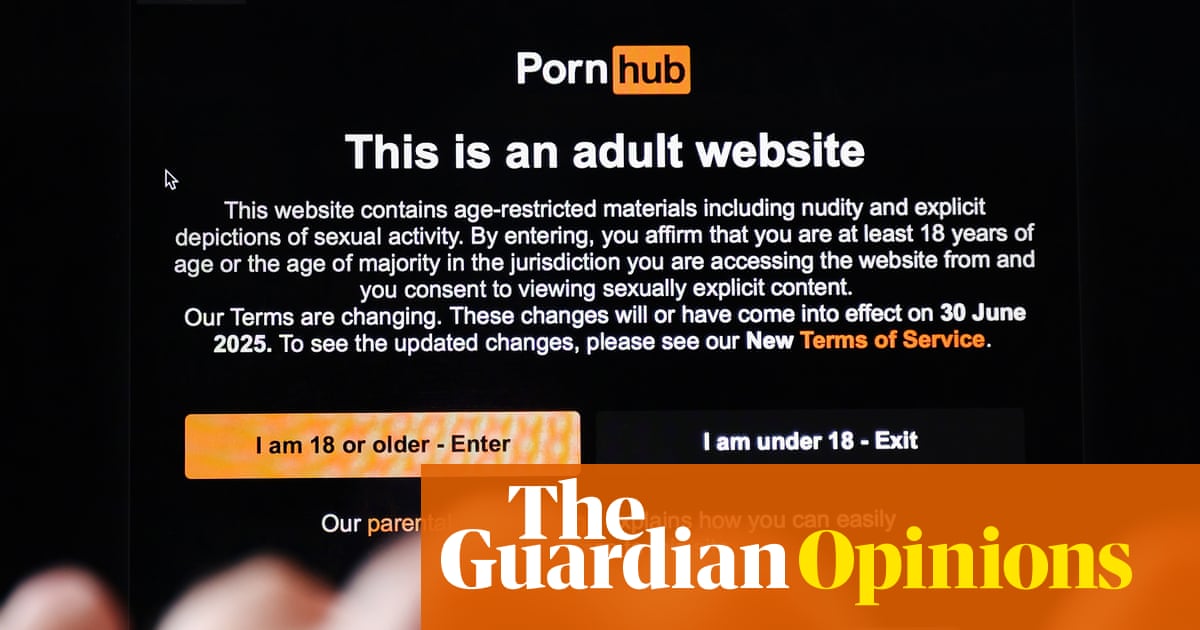
When the majority disagrees on the shadow docket
Cases and Controversies is a recurring series by Carolyn Shapiro, primarily focusing on the effects of the Supreme Court’s rulings, opinions, and procedures on the law, on other institutions, and on our constitutional democracy more generally.
Earlier this month, I wrote about the court’s opinion in Trump v. CASA and why it is, in my view, very problematic. But at least it was an opinion. In too many other cases, the court has provided no explanation at all for granting emergency applications filed by the Trump administration.
Recently, for example, in McMahon v. New York, on an apparent 6-3 vote, it stayed an injunction that would have stopped the administration from dismantling the Department of Education, a congressionally created agency. And in Trump v. American Federation of Government Employees, on an apparent 8-1 vote, the court stayed an injunction that would have stopped the government from planning for a massive series of reductions in force in numerous agencies. The majority gave no reasons for these stays. That’s been true in about half of the cases in which the court has stayed lower court injunctions and orders on an emergency basis at the request of the Trump administration.
Many commentators have criticized the court’s failure to explain its rulings in these and other cases, as have the dissenting justices. The court’s silence leaves district courts and litigants with no guidance about what particular aspects of the stayed injunctions were problematic. In some cases, the district courts issued pages and pages of factual findings, but we (and they) have no way of knowing if the court considers some of them likely to be clearly erroneous or in some way irrelevant. In some cases, the lower courts included significant legal analysis, but we (and they) don’t know with what, if anything, the court disagrees. In Department of Homeland Security v D.V.D., in which the government is sending noncitizens to countries they have no connection to and that may be dangerous for them, the Supreme Court even appears to be rewarding the government’s gamesmanship in its appeals, but without an explanation, we can’t know if the majority took the administration’s conduct into account.














